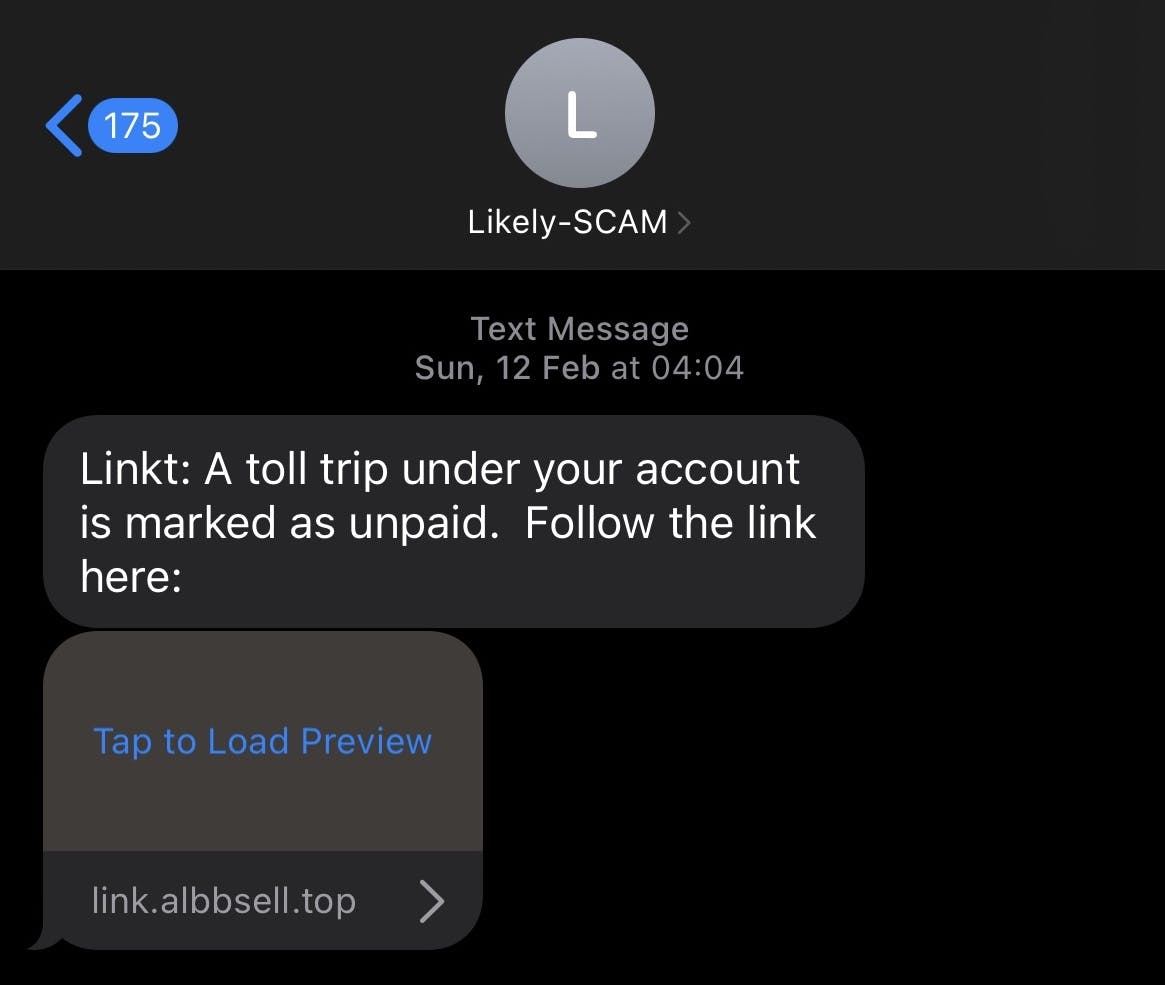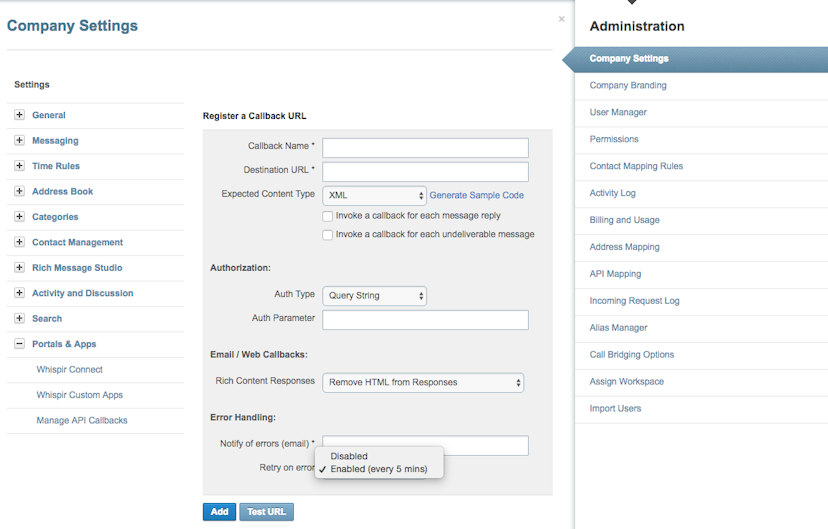In 2022, Singaporeans lost a devastating $660.7 million to scammers. And, contrary to the long-held belief that it’s mostly older people getting conned, 53% of scam victims were actually aged between 20 and 39 years old.
To help combat this, the Government of Singapore’s Infocomm Media Development Authority (IMDA) introduced a new Sender ID regime, which went into full effect on January 31, 2023. In this article, we’ll explain how the regime works, how it could affect you, and whether it could possibly be coming to Australia next.
How does Singapore’s Sender ID regime work?
In October 2022, the IMDA announced that all organisations wanting to send SMS messages to Singapore users had to register their Sender ID. They had until January 31 2023 to complete this process, and since then, all unregistered Sender IDs have been marked as ‘Likely-SCAM’.


This ‘Likely-SCAM’ marker was of course to caution users when receiving these text messages, but it also worked to give organisations a grace period to make sure their Sender IDs are properly registered and whitelisted.
After 6 months, the IMDA has indicated they will completely block all text messages sent from unregistered users. In other words, it’s imperative that if you’re sending SMS messages to Singapore users (or one day want to), and you don’t want to be blocked, you need to register your Sender ID correctly.
>> Check out our comprehensive FAQs for more information on Singapore Sender IDs
Australia could be next to block scam texts
Australia is by no means immune to problems caused by scam texts. In 2022, Australians lost over $526 million to scams; an unsurprising number when you consider the rampant texts being sent posing as legitimate organisations – including well-known banks and government agencies.
After seeing the successful implementation of Sender ID regimes in Singapore, and previous to that in the UK, Spain, and Ireland, the Australian Communications and Media Authority has reportedly begun exploring whether it could be a viable move for Australia.
What impact could regulated Sender IDs have?
For Singapore and potentially Australia, Sender ID regulation can have an immensely positive impact – both on an individual and organisational level. It can help individuals feel more assured that text messages they receive are legitimate, and help mitigate risks for organisations who are targeted by scammers posing as them.
As a communications platform that’s committed to helping you send the most engaging and secure messages possible, we’ll keep you updated with any future developments in this space.
You can also check out the great features we’ve already implemented in our platform to protect our customers’ privacy and data by downloading our free quick guide, or discover them for yourself with a free guided demo.










